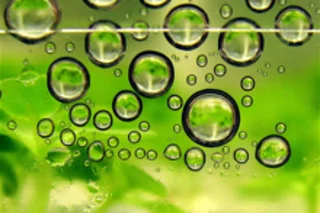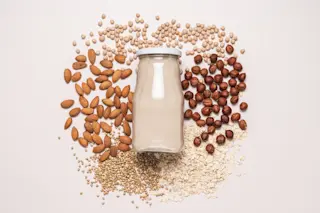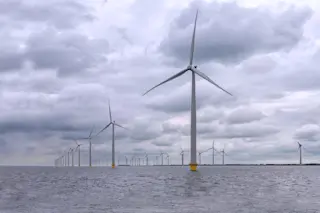Companies and governments all over the world are racing to find cleaner, greener fuels to end our society's addiction to oil and cut down on the greenhouse gas emissions that cause global warming. But in the rush and tumult of new developments and optimistic predictions, it's hard to separate the hype from real hope. So a recentseriesofarticles from Nature News feels like a public service, as the articles investigate the scientific and economic state of affairs for four different kinds of biofuels. The first article focused on the weedy plant jatropha, which was initially hailed as a biofuel wonder plant because it can survive in poor soil and harsh conditions, and because of its extremely oily seeds. But recently, investments in jatropha projects have fallen off dramatically. Environmental scientist Robert Bailis says that
"over the past three years, the investment got way ahead of the plant science." ... Early investors ...














